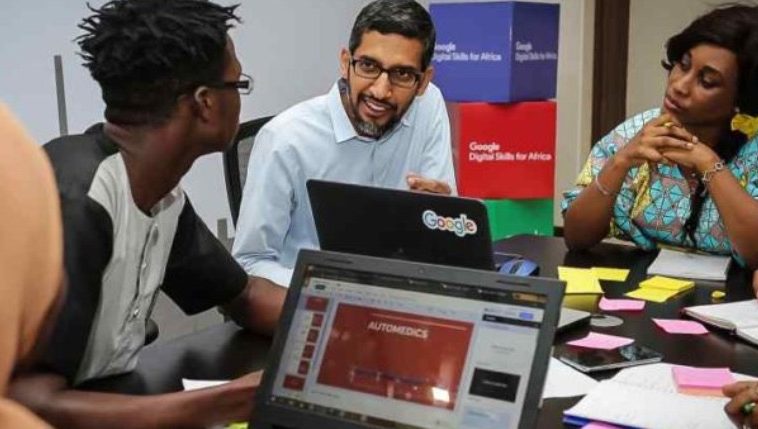Africa’s population growth, with nearly half of its demographic under 25, has long been deemed a developmental challenge. However, this youth cohort is increasingly recognized as a dynamic force driving innovation, especially in technology, food security, and sustainability.
As Africa’s urban population expands, cities must promote a new stable network of income generation to create jobs and address the environmental, social, and political pressures of urbanization. The evolution of African cities is important, especially in engaging and co-creating with the younger generation. Africa’s young innovators are playing a huge role in finding solutions to urban and rural challenges and contributing to the growth of technology ecosystems within African top cities.
Agriculture
Agriculture is the pillar of many African economies, and youth-led innovations are transforming this sector. From precision farming to the use of drones for crop monitoring, young farmers are embracing technology to improve productivity and sustainability. This not only boosts food security but also creates new opportunities for economic growth in rural areas.
Technology
The youths in African regions are at the forefront of technological innovation. Startups and tech hubs have emerged across the continent, creating solutions tailored to local needs. Mobile applications are revolutionizing sectors such as healthcare, education, and finance. For example, in Kenya, the mobile payment system M-Pesa has transformed the way people handle financial transactions, providing a convenient and accessible solution for many who were previously excluded from formal banking systems.
Other regions with prominent tech hubs in Africa include Lagos; home to thriving startups like Paystack and Flutterwave. Egypt’s AI, blockchain, and e-commerce hubs, South Africa’s fintech, e-commerce, and green tech, and Rwanda’s smart city initiatives.
Socio-economic Development
Young innovators in Africa are not just focused on economic development; they are also driving positive social change with remarkable inventions. Initiatives addressing issues like healthcare, education, and gender equality are gaining traction. For instance, young entrepreneurs are leveraging technology to provide affordable and accessible healthcare solutions, improving the well-being of communities.
In Nigeria, social enterprises are using technology to bridge the education gap, providing learning opportunities to those in remote areas. In Kenya, students have crafted solar-powered motorcycles, while Uganda boasts a graduate who charges phones using a bicycle dynamo. In Egypt, students designed honey-infused band-aids for diabetic wound healing, and in the Democratic Republic of Congo, solar-powered robotic traffic cops manage chaotic roads.
Other initiatives include a low-tech incubator for preterm infants, a mobile app encouraging creative thinking to combat cancer, and a rugged tablet making digital learning accessible in Kenyan schools. These innovations reflect a burgeoning era of African creativity, leveraging technology to solve diverse societal issues.


